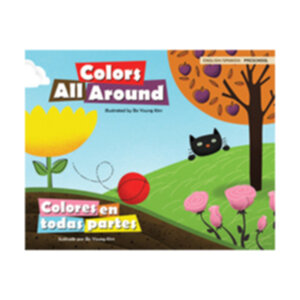The Top Five Tips in Welcoming Hispanic Parents to Kindergarten

Culled from a variety of terrific educational sources, let’s look at the top five tips in welcoming Hispanic parents to kindergarten.
Just ask any teacher and he or she will tell you that parental involvement is critical for a child’s success. However, according to the Boston Teachers’ Union, because parents of kindergarteners don’t always recognize that this grade is not only play and games but a lot of hard work, too, involvement is not always to the degree that it should be.
When it comes to minority families, though, there can be even more challenges. Many, for instance, don’t always know what a school expects from them. Add to that, they may not be comfortable with American culture yet either. As such, even better communication is required for Hispanics.
Here are some ways to help them feel comfortable:
1. Listen and learn. The online educational magazine, Ed Week, states that it’s so important to take time out to learn about a child’s ethnicity and to avoid stereotyping. Even if it’s mostly Hispanic students, ethnic groups come in all shapes, sizes and colors.
2. Stay connected to parents. The magazine also states that it’s not just the beginning of kindergarten but all year long that schools need to reach out, as this is what develops the valuable partnership between parents and teachers.
3. Set politics aside. The focus should be on educating a child and not his or her birthplace or immigration status, adds Ed Week.
4. Consider holding workshops not only at the school but also in a community center in an area where Latino families live, states the educational website, Reading Rockets.
5. Offer a monthly family reading night. While Hispanic parents won’t actually be reading, it’s an excellent way to include them in the process. Where possible, create a lending library of books that parents can check out weekly. Bilingual books are a wonderful resource for parents who speak Spanish and for their kids who are learning English.
Educational programs that support the ELL students’ first language, such as The Latino Family Literacy Project, can make an enormous difference in their overall academic and language acquisition success.
